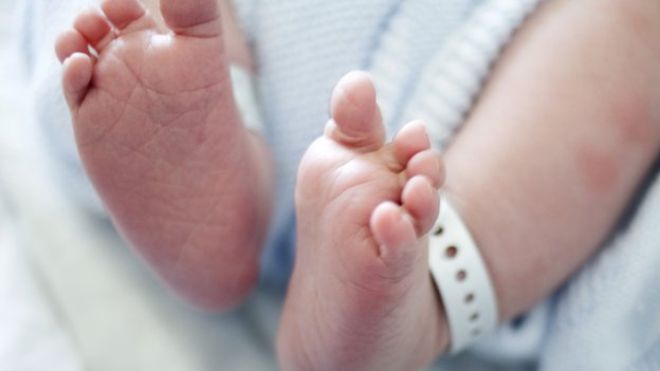
Brain dead babies can donate organs
 A baby born after 37 weeks of gestation can now be considered for organ donation. A panel of medical experts has drafted guidelines to address the puzzle over declaring brain deaths in the paediatric age group. According to the proposed rules, a baby born after 37 weeks of gestation can be declared brain dead and considered for organ donation.
A baby born after 37 weeks of gestation can now be considered for organ donation. A panel of medical experts has drafted guidelines to address the puzzle over declaring brain deaths in the paediatric age group. According to the proposed rules, a baby born after 37 weeks of gestation can be declared brain dead and considered for organ donation.
The panel set up by the Regional Organ and Tissue Transplantation Organisation(Rotto), western India, has laid down certain protocols regarding the complex issues in declaring brainstem deaths in neonates or infants. It also recommends two apnea tests to be carried out at intervals of 24 hours. In adults or older children, it is done six hours apart. Also, the panel suggests tests like EEG if the brain death declaration is likely to be followed by an organ donation.
The Transplantation of Human Organs and Tissues Act sanctions only deceased and no live organ donations in aged less than 18 years, but it is ambiguous on how young a deceased donor can be or what procedural steps should be allowed to declare babies brain dead.
According to the doctors, brain death certification in very young children remains a complex area across the world. “The rules are only to give the medical fraternity some clarity on how to go about declaring brain death when it’s a newborn or a small baby,” said Dr Soonu Udani, director, Critical Care at SRCC Children’s Hospital, who formulated the paediatric guidelines.
A study on the organ donations by Mohan Foundation found that, among all the organ donations in Tamil Nadu, Kerala and Rajasthan, around 7% were from the paediatric group(0-12 years). But Dr Sunil Shroff of Mohan Foundation says that paediatric organ donation is untapped, but also tricky. In very young babies, unlike adults, brains can recover dramatically. So it is extremely crucial to establish the cause of brain death if it’s not trauma.
Doctors in Maharashtra were faced with a dilemma when a doctor couple from Amravati wanted to donate the organs of their three-month-old daughter in 2017. It took four days for the local doctors to certify it since they were unaware of the rule. By that time it was too late to retrieve the organs.
“The guidelines will help to standardise procedures and reduce the loss of potential donors,” said Dr Astrid Gajiwala Lobo, the director of Rotto. She added that guidelines, adopted from the Indian Society of Critical Care Medicine have also delved into the retrieval of all organs from adults too.
The guidelines are awaiting approval from Maharashtra’s Directorate of Health Services.
Source: Times of India